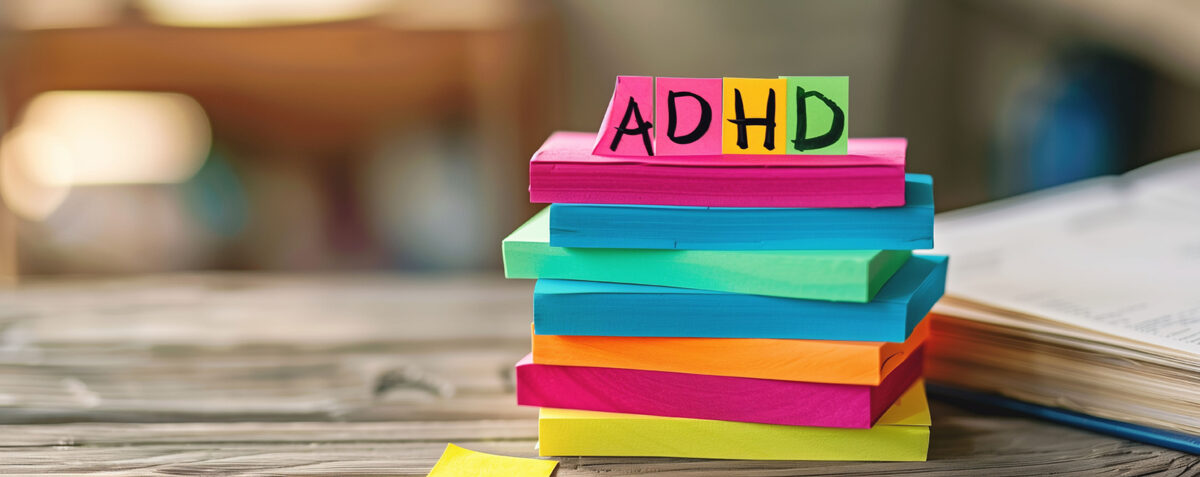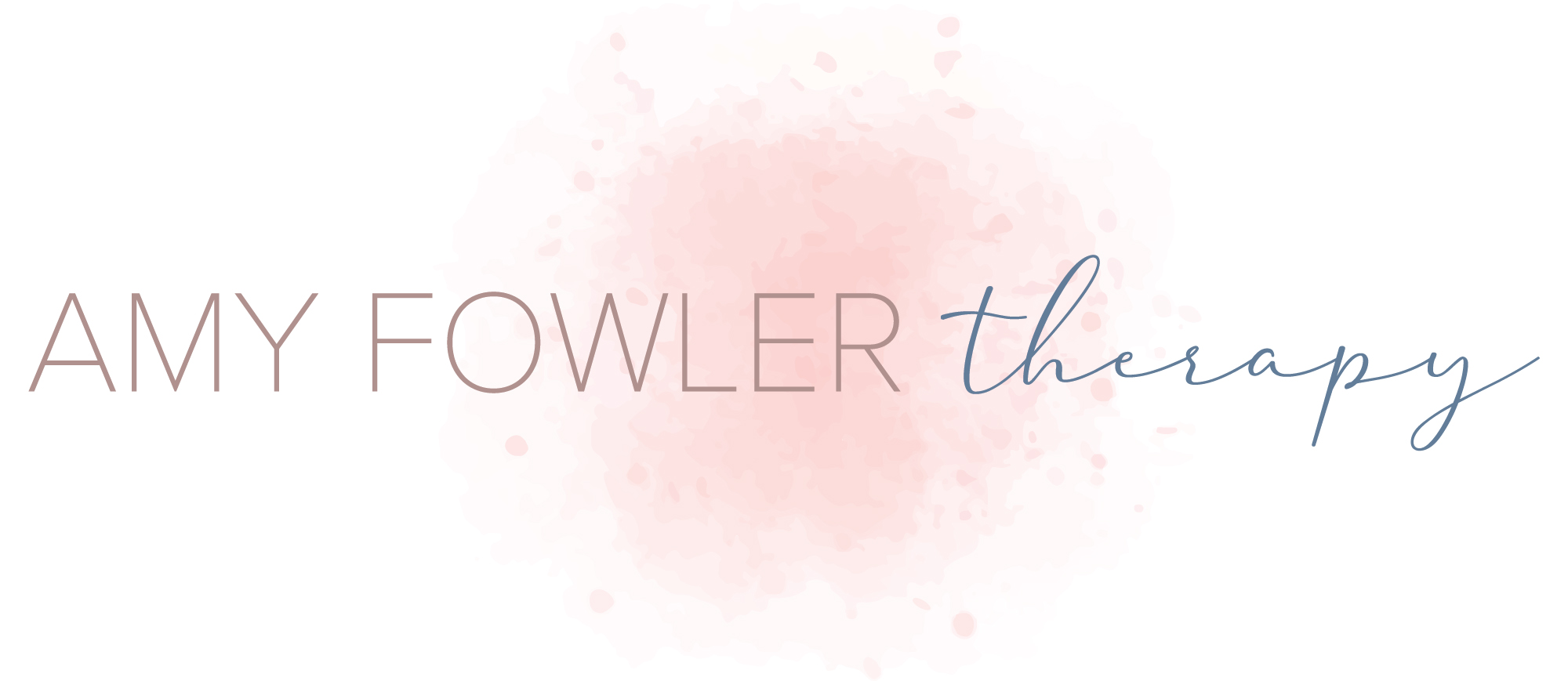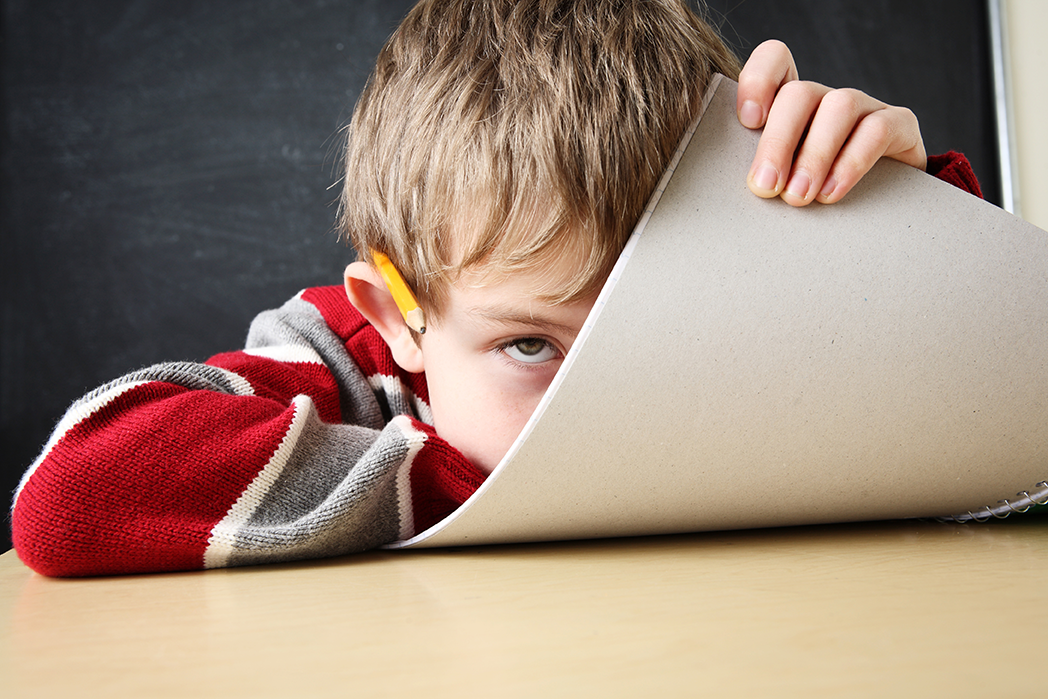Table of Contents
ToggleUnderstanding Your Child’s ADHD Journey
Attention Deficit Hyperactivity Disorder (ADHD) is one of the most common neurodevelopmental conditions affecting children today. With symptoms ranging from inattention and impulsivity to hyperactivity, ADHD can impact multiple aspects of a child’s everyday life. The National Institute of Mental Health estimates that millions of children struggle with ADHD, and each child experiences this mental disorder differently. Recognizing the signs and symptoms early, such as difficulties with attention, disruptive behaviors in the classroom, and trouble completing homework, is essential for both parents and educators to ensure a positive path forward.
ADHD not only affects a child’s academic performance but also their emotional well-being, social interactions, and relationships at home. Without the right support, challenges like anxiety, anger, and emotional self-regulation can become overwhelming. This is where early intervention and tailored behavior therapy can make all the difference. Addressing ADHD during childhood allows a structured approach to managing the core symptoms, helping children learn essential skills like problem-solving, self-advocacy, and impulse control that will benefit them into adolescence and beyond.
Through customized counseling, we focus on providing the right tools for both your child and their family. Evidence-based approaches such as cognitive behavioral therapy (CBT) and behavioral therapy are highly effective in helping children with ADHD build better habits, manage their energy, and reduce disruptive behaviors. Not only does this approach improve the child’s ability to function at school and at home, but it also fosters better communication within the family, empowering parents to feel confident in their parenting strategies. With the right support, your child can thrive, achieving their full potential academically, emotionally, and socially.
Why Choose Amy Fowler for your Child’s ADHD Therapy?
We believe every child deserves the opportunity to thrive, no matter the challenges they face. With over 17 years of experience working with children, Amy has dedicated her career to providing compassionate, personalized care to children navigating ADHD and other developmental disorders.
 As a Licensed Professional Counselor Associate (LPCA) with extensive experience in behavioral therapy for ADHD, Amy’s approach is both research-driven and heart-centered. Her background includes specialized training in ADHD therapy, enabling her to craft therapy plans that focus on each child’s unique needs.
As a Licensed Professional Counselor Associate (LPCA) with extensive experience in behavioral therapy for ADHD, Amy’s approach is both research-driven and heart-centered. Her background includes specialized training in ADHD therapy, enabling her to craft therapy plans that focus on each child’s unique needs.
Amy’s child-centered approach creates a welcoming and supportive environment where children feel safe and understood. She uses techniques like play therapy and behavior modification to engage children while teaching them critical skills like emotional regulation, social interaction, and self-advocacy.
In addition, Amy strongly believes in family-focused care, working closely with parents and caregivers to provide ongoing guidance and support. By involving the whole family in the treatment process, she ensures that strategies learned in therapy are carried into everyday life, fostering long-term success.
Our families consistently see real results, and many parents speak to Amy’s ability to make a tangible difference in the lives of children and their families. When you choose Amy Fowler for ADHD counseling, you’re not just getting expert care—you’re joining a supportive, nurturing community where your child’s well-being is the top priority.
Get Started Today – Help Your Child Thrive with ADHD Counseling!
Take the first step toward helping your child manage their ADHD and reach their full potential. Contact us today to schedule your intake session and begin personalized, compassionate care tailored to your child’s needs.
Call or Text: 817-239-9996
Let’s work together to create a brighter future for your child!
Our Location
1090 School House Rd #700,
Haslet, TX 76052

What is ADHD? An Overview for Parents
Attention Deficit Hyperactivity Disorder (ADHD) is a neurodevelopmental mental disorder that affects a child’s ability to focus, manage impulses, and regulate energy levels. The American Academy of Pediatrics classifies ADHD into three primary subtypes: Inattentive, Hyperactive-Impulsive, and Combined. Each child with ADHD experiences the condition differently, with varying degrees of difficulty in focusing, controlling emotions, and managing behavior. Understanding these subtypes can help parents recognize the specific challenges their child may face and seek appropriate therapy.
-
Inattentive subtype: Children with this subtype often struggle with attention, tend to be easily distracted, and may have difficulties staying on task or following through with assignments, such as homework. Symptoms include forgetfulness, difficulty organizing tasks, and poor attention to detail.
-
Hyperactive-Impulsive subtype: Children exhibiting this subtype display higher levels of impulsivity and hyperactivity. They may have trouble sitting still, talk excessively, or act without thinking. They may also interrupt others, struggle with waiting their turn, and have an overwhelming amount of energy.
-
Combined subtype: This is the most common form of ADHD, where the child exhibits symptoms of both inattentiveness and hyperactivity-impulsivity.
Recognizing the Symptoms of ADHD
Children with ADHD often face a wide range of challenges, from difficulty sustaining attention to managing emotions and impulsivity. These challenges can affect their performance at school, interactions with their teacher and peers, and their ability to complete everyday tasks like homework. Common symptoms include:
-
Difficulty focusing on tasks
-
Impulsive behavior, such as acting without thinking
-
Hyperactivity, including fidgeting and trouble sitting still
-
Emotional regulation challenges, such as sudden mood swings or frustration
-
Forgetfulness and poor organizational skills
The Role of Behavioral Therapy in Treating ADHD
Behavioral therapy helps your child turn their scattered thoughts into manageable steps. By promoting structure and routine, your child learns to control impulsivity, focus, and improve emotional responses. This consistent approach enables children to connect their actions with outcomes, improving daily activities like homework and relationships with peers and family.
Real World Application
Real-life application is also key. Whether it’s helping a child organize their homework assignments or teaching them how to handle frustration in a social setting, ADHD behavioral therapy offers practical solutions that directly improve a child’s day-to-day functioning. By developing better emotional regulation, time management, and problem-solving skills, your child can thrive in a structured, supportive environment.
Our ADHD Therapy Approach
We use a variety of evidence-based approaches to help children with ADHD manage their symptoms, build essential skills, and thrive in their daily lives. Each method is tailored to the child’s unique needs, ensuring that both the child and family experience real progress and long-term results.
Behavior Modification Techniques
Behavior modification is a highly effective tool for managing ADHD by encouraging positive behaviors through structured systems like behavior charts and token economies. This helps children associate good behavior with positive outcomes, improving focus and managing impulsivity.
Play-Based Therapy
Play-based therapy is an effective way for younger children to address ADHD symptoms through engaging activities like role-playing and games. It helps children practice communication, explore emotions, and develop self-regulation while learning problem-solving and social skills.
Cognitive Behavioral Therapy (CBT)
Cognitive Behavioral Therapy (CBT) helps children with ADHD understand the connection between thoughts, emotions, and behaviors, improving their coping strategies. It is particularly effective for managing emotional regulation. We help your child learn to “not flip their lid,” replacing negative thought patterns with constructive ones to better handle stress and daily challenges.
Executive Functioning Coaching
Children with ADHD often struggle with the skills needed to plan, organize, and complete tasks. Our executive functioning coaching focuses on improving time management, organization, and task prioritization. By teaching children how to break tasks down into smaller steps and manage their time effectively, we help them gain more control over their daily responsibilities, such as completing homework assignments and staying focused during class.
School Collaboration
Our holistic approach to ADHD therapy ensures that children are equipped with the tools they need to manage their symptoms and succeed in all areas of their life—whether it’s at home, school, or during play.
ADHD Counseling for Specific Age Groups
Our ADHD counseling is tailored to the unique needs of children at different developmental stages:
-
Preschool Children (Ages 3-5): Early intervention through play therapy and parent training to build foundational skills and manage impulsive behaviors.
-
School-Aged Children (Ages 6-12): Focus on classroom behavior management, developing social skills, and improving emotional regulation to ensure academic and social success.
-
Teenagers (Ages 13-18): Support through academic coaching, handling peer pressure, and reducing risky behaviors during this critical developmental phase.
This age-specific approach ensures your child gets the right tools to thrive at every stage of life.
If your child needs help, schedule an intake appointment today.

Amy Fowler, M.Ed., LPCA, is a trusted and experienced counselor with more than 18 years of dedicated work supporting children, adolescents, women, and families. She holds a Master of Education in Counseling and is a Licensed Professional Counselor Associate. As the founder of Amy Fowler Therapy, Amy is known for her compassionate, evidence-based approach that blends clinical expertise with deep empathy.
Amy brings particular expertise in supporting children and individuals with special needs, including learning disabilities, ADHD, autism spectrum disorder, and emotional disturbances. She is certified in Trust-Based Relational Intervention® for Trauma, Crisis Prevention Intervention, and Critical Incident Stress Debriefing. A former special education teacher, Amy’s educational background uniquely equips her to understand and advocate for children facing complex challenges.
In addition to individual and family therapy, Amy provides marriage counseling, parent coaching, and support for women navigating life transitions. She is also the author of The Marriage Meeting, a resource designed to strengthen communication and connection in relationships.

